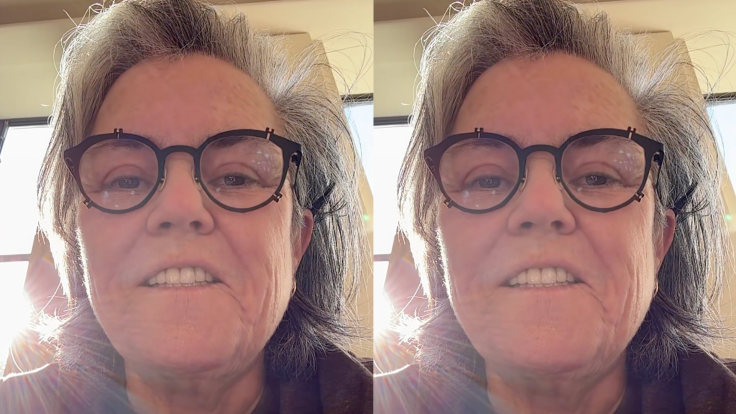
Rosie O'Donnell has apologised after insinuating the gunman responsible for the Catholic school shooting in Minneapolis was a MAGA supporter, admitting she made the statement based on no evidence.
Officials said two students were killed and 17 others were hurt after a lone gunman fired through the church windows at the back-to-school Mass at Annunciation Catholic School on 27 August. They said the gunman succumbed to suicide at the scene; investigators could not confirm a political motive as the remarks by Rosie O'Donnell sparked a wave of online criticism.
What Police And Hospitals Confirmed
Officials said the gunman was 23-year-old Robin Westman and that they reported two children killed and 17 injured. Specific media sources would later quote 18 injuries based on updates from hospitals, but the city's official update and AP's contemporaneous file list 17. Victims were children and members of the congregation at Mass.
Authorities have not released a motive for the attack. Investigators said they are still piecing together the suspect's background, including how he obtained his weapon and what might have driven him to target the school. Officials stressed there is currently no evidence linking the suspect to political movements.
The Victims Named
Families of deceased identified children were eight-year-old Fletcher Merkel and ten-year-old Harper Moyski. Releases issued through the media requested privacy and appealed for assistance to survivors.
O'Donnell Allegation, And The Climb-Down
O'Donnell first suggested on Twitter that the gunman was a 'MAGA type' and white supremacist.
When she came under attack and new reporting that police found anti-Trump graffiti rather than pro-MAGA membership came out, she removed the tweet and apologised, saying she had 'messed up'.
She posted a clarification on Instagram admitting the gunman was 'anti-Trump, not MAGA'
What We Know About Motive
Officials state that Westman fired from outside with dozens of bullets with a rifle; she was also carrying a shotgun and a pistol. Officials are examining the video and texts and have not assigned a political motive. Initial media reports describe inflammatory and anti-government rhetoric online, but no verified organisational link.
Misinformation After Mass Tragedies
Officials urged the public to wait for verified information. As with other high-profile cases, initial accusations surged online and then required correction. Live updates and verified numbers were obtained from the city and major newspapers; however, unverified posts mistakenly reported incorrect numbers of injuries and motives.
Online Reaction
The backlash was swift. Critics flooded O'Donnell's page, calling her remarks irresponsible. One widely shared response read: 'Trump lives inside your head rent-free.' Another user wrote: 'This is a tragedy, not a political talking point.'
The phrase 'Trump lives inside your head' was echoed across social media threads and even appeared in comments on news sites covering the story. On the Daily Mail article about O'Donnell's remarks, a user posting under the name Vera22150, Vautorte, France, commented: 'You move Countries just because of Trump. But he lives inside your empty head, TDS is terminal for you!' This sentiment reflects the broader criticism that O'Donnell was letting her political animosity overshadow the facts of the case.
While some supporters defended her right to speak out, the overwhelming response was negative, with many arguing that speculation without evidence only fuels division. Conservative outlets seized on the controversy, while even liberal commentators distanced themselves from her remarks.
Broader Context
The Minneapolis attack has already drawn national attention as one of the deadliest school shootings in Minnesota in recent years.
O'Donnell's comments highlight a broader trend in US discourse: in the immediate aftermath of tragedies, high-profile figures sometimes face backlash for making premature claims before evidence is available.
Minneapolis police say their investigation will continue in cooperation with federal agencies, including a review of the suspect's digital activity. Officials have urged the public to wait for verified updates and avoid spreading unconfirmed theories.
After initially linking the gunman to MAGA politics without evidence, O'Donnell later apologised on Instagram, admitting she had been "wrong" and had not looked closely enough at the facts. She clarified that the shooter was anti-Trump, not pro-MAGA, and said she had taken down her original post.
For families in Minnesota, the focus remains firmly on mourning the victims and supporting survivors.
Yet the online uproar around O'Donnell's remarks highlights how America's cultural and political divides can quickly resurface even in moments of national grief.







